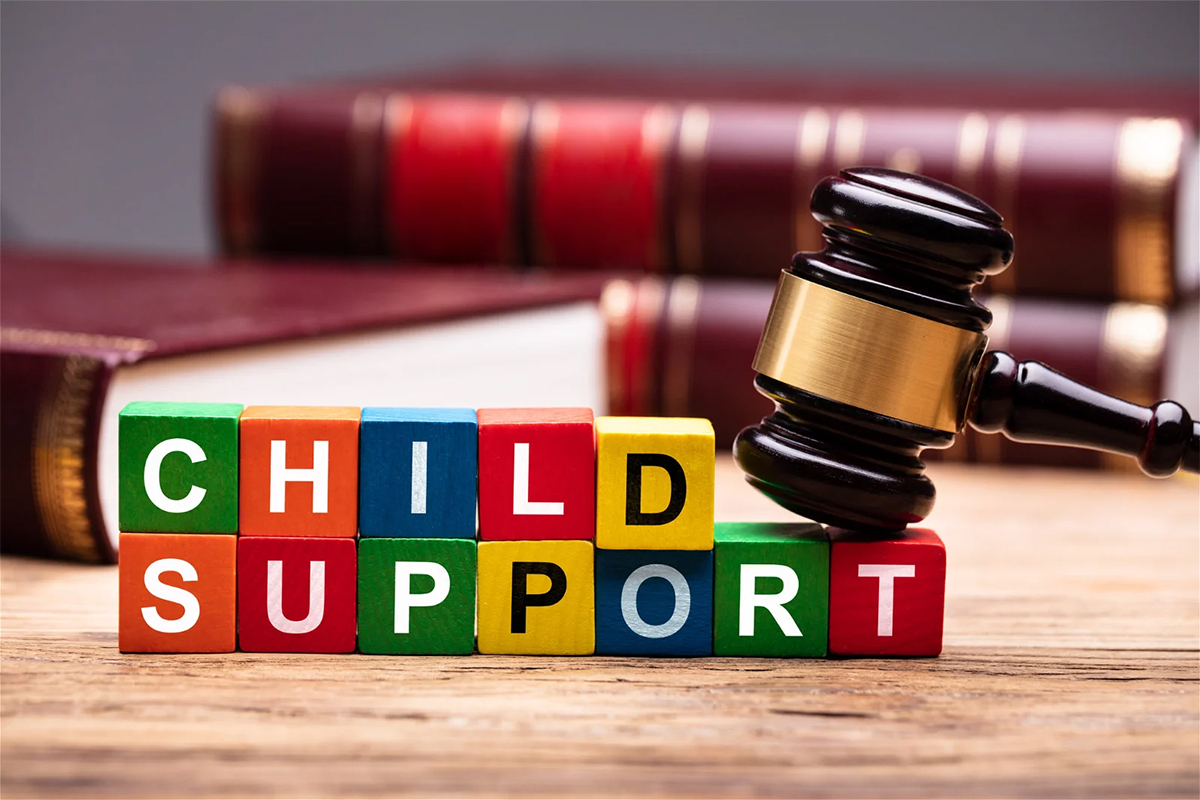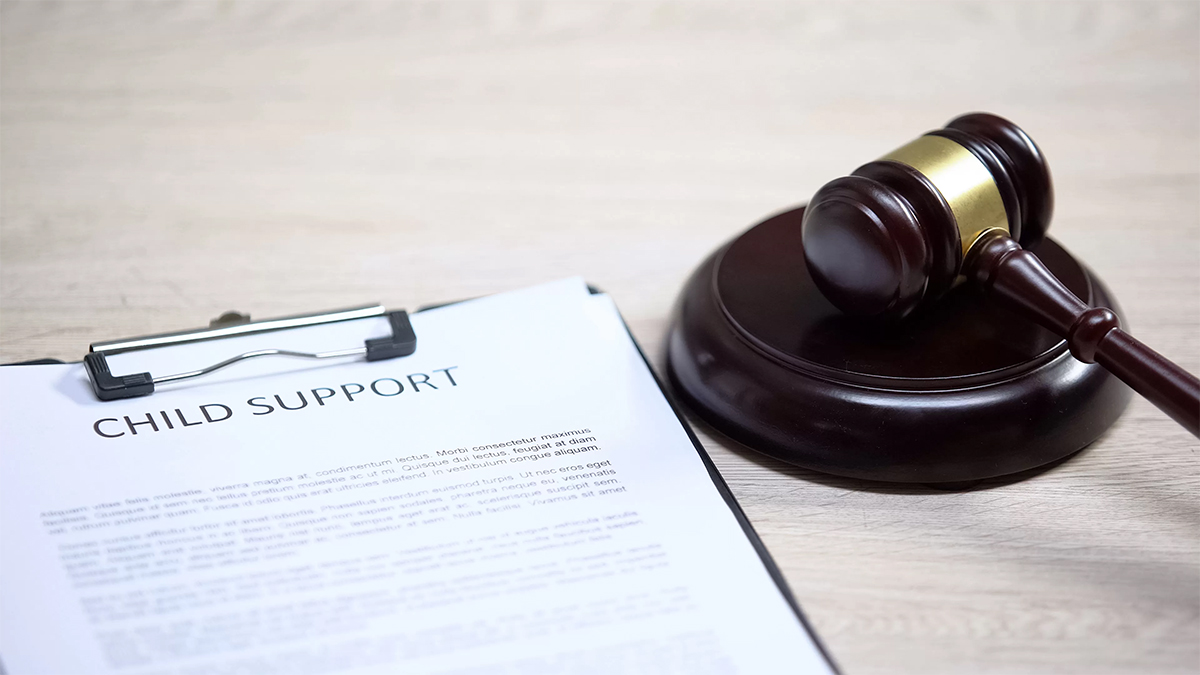Top 5 Reasons Husbands Initiate Divorce
USA Teenage Divorce Statistics
5 Signs of Financial Abuse in Marriage
Creating the Perfect Parenting Plan
Are People Happier After Divorce?

Yes, you can file for child support after your divorce is final. The issue of child support may not be addressed during the divorce proceedings, or circumstances may change after the divorce that necessitates the need for child support.
You will need to file a petition with the family court in your jurisdiction. The court will review the petition and consider the financial circumstances of both parents, as well as the needs of the child or children involved.
Child support can be modified if there is a significant change in circumstances, such as an increase or decrease in income for either parent, a change in the needs of the child, or a change in the parenting time arrangement.
Child support is a financial obligation that is typically ordered by a court as part of a divorce or separation agreement. It is meant to ensure that both parents continue to contribute to the financial care of their children, even if they are no longer together. [1]
Once the court order for child support has been established, the paying parent will be required to start making payments according to the schedule outlined in the court order. It may take some time for the paying parent’s employer to make the necessary payroll deductions and for the funds to be processed and sent to the receiving parent. There may be a delay of a few weeks or even a couple of months before the receiving parent starts to see any child support payments.
If there are concerns about the timing of child support payments or if the paying parent is not fulfilling their obligations, consult with a family law attorney who can provide guidance and support during this process.

One of the most important factors in calculating child support is the income of both parents. The court will typically look at each parent’s income and expenses, including any other child support or alimony payments they are responsible for.
Other factors that may be taken into account include the child’s needs, the standard of living the child was accustomed to during the marriage, and any special circumstances such as medical expenses or disabilities.
The court may also consider the amount of time each parent spends with the child. The non-custodial parent may be responsible for a larger portion of child support if they have less parenting time.
Each state has its own method to calculate child support. Some states use a simple percentage of the non-custodial parent’s income, while others take a more detailed approach that considers a variety of factors.
While it can be a complicated process, the result should be a fair and reasonable amount of support for the child.
When a court orders child support payments, it is expected that both parents will comply with the order. If a non-custodial parent falls behind on payments, they are still responsible for the missed payments. This means that the custodial parent can seek to collect the overdue support, even after the fact.
The process for collecting back child support can vary by state but generally involves filing a motion with the court to enforce the child support order.
The custodial parent may also be entitled to interest on the overdue payments. The non-custodial parent may be held in contempt of court for failing to comply with the child support order.
There are time limits for collecting back child support. In some states, the custodial parent may only be able to collect back child support for a certain period, usually between 2-4 years. In cases where the non-custodial parent has actively avoided paying child support, there may be no time limit for collecting the overdue payments.

Contact Sacks & Sacks today to schedule a consultation regarding child support.
[1] Cdfa, J. C. C. C. (2022, July 8). The Ultimate Guide to Child Support. Survive Divorce. https://www.survivedivorce.com/child-support
Sacks & Sacks Law — 2025 All Right Reserved